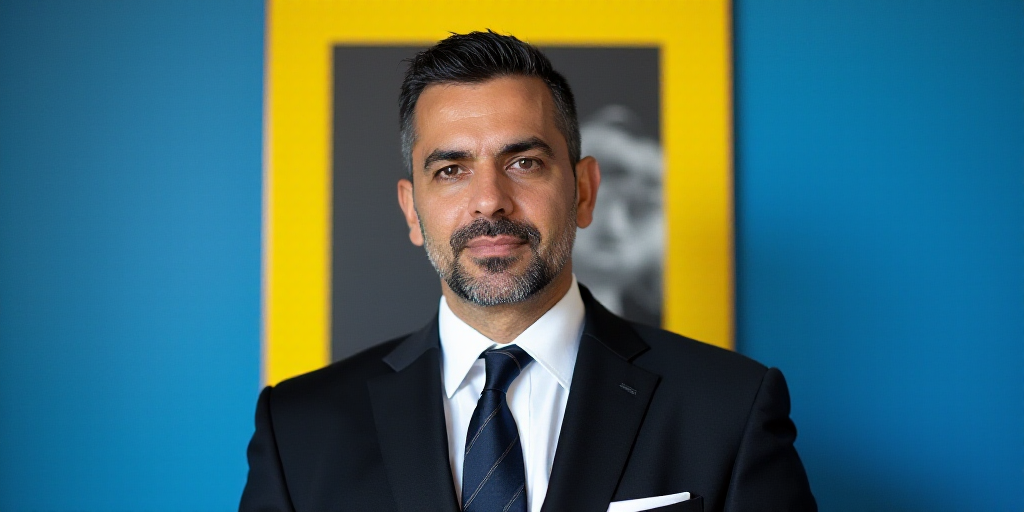Introduction
Imagine a typical night in any Mexican neighborhood. A July gale knocks out power lines, and families huddle indoors as lights flicker. Suddenly, a power outage plunges everything into darkness. For most people, the inconvenience is temporary: a candle or portable battery. However, for thousands of electrodependent individuals, their very lives hang in the balance along with the electricity supply. Their families cannot simply “wait for the lights to come back on.”
The Urgent Social and Ethical Need for Reform
For years, Mexican governments have boasted of over 99% electrical coverage. This places Mexico as a relatively developed nation, meeting the United Nations’ Sustainable Development Goals for universal energy access. However, behind this figure lies a harsh reality: 1% of the population remains outside the electrical grid, including many rural and marginalized communities. Among them are individuals whose lives depend on electricity to power life-sustaining medical equipment, though there are no precise statistics on their numbers.
In urban and semi-urban areas, tens of thousands of Mexicans with chronic illnesses and disabilities rely on medical machines they cannot afford high electricity tariffs or frequent power outages. Poverty energy leaves them in a precarious position, forcing them to choose between paying the electricity bill or purchasing essential medications.
The Current Government Response and International Comparisons
In response to this issue, the proposed reform aims to draw attention from the federal government of Mexico’s “fourth transformation” to acknowledge and address the drama faced by electrodependent families. While previous administrations have prioritized energy sovereignty and selective tariff reductions, they’ve neglected to address the urgent, differential treatment needed by these individuals due to a lack of regulatory frameworks, data, and sensitivity.
Countries like Argentina, Chile, and Spain have enacted explicit laws identifying, recognizing, and guaranteeing subsidies, priority attention, and preferential electricity tariffs for this group. Argentina, since 2017, ensures free electricity supply and backup equipment for registered electrodependent individuals. Chile’s “Lucas Riquelme Law” since 2022 mandates prioritizing electricity restoration and provides emergency devices to affected families. Spain offers discounts through the electricity social bonus.
In Mexico, the official response has been silence. INEGI doesn’t collect electrodependent individual figures, nor does the Health Secretariat recognize them as a medical or social category. Nobody knows how many Mexicans depend on life-sustaining electricity.
The Proposed Reform
- Legal Recognition: Introduce the figure of electrodependent individuals in the General Health Law, acknowledging their right to continuous electricity supply as a social determinant of health.
- National Registry: Mandate the creation of a free, simple, and accessible online registry for electrodependent individuals, with medical certificates issued by the Health Secretariat.
- Permanent Access: Amend the CFE law to require identifying electrodependent home meters, prioritizing their supply, and exempting them from connection rights fees, allowing a fixed subsidy in the electricity tariff.
- Priority Attention: Establish a 24/7 special attention line for service interruption reports and mandate the application of best techniques for prioritized restoration.
- Social and Medical Participation: Propose training for caregivers and family members, along with constant registration and database updates on relevant diseases and technologies.
Why is This Reform Crucial?
The lives of electrodependent individuals literally hang by an electric thread. A 20-minute power outage can lead to hospitalization or death, while increased tariffs can cause economic ruin for an entire family. This reality, usually hidden behind aggregated figures and triumphalist speeches, challenges our sense of social justice and responsibility.
From a public health perspective, protecting electrodependent individuals not only improves the quality of life and life expectancy of a vulnerable group but also prevents hospital overcrowding, reduces emergency and hospitalization healthcare costs, and limits avoidable suffering. We must not lose sight of the “primum non nocere” (first, do no harm) principle guiding our legislative and medical work.
Call to Action
The Congress of the Union holds the responsibility to address this overlooked social wound due to demagoguery, ignorance, or political calculation. This reform proposal should not be seen as a gratuitous concession or privilege but as a minimal act of distributive justice and solidarity.
- Medical Community: Recognize, disseminate, and register electrodependent patients.
- Civil Society: Demand that representatives acknowledge electricity rights as health rights.
- Legislators: Collaborate, enrich the debate, and prevent political polarization from excluding the most disadvantaged sectors.
- Federal Executive: Support this proposal and potential regulatory changes, allocating necessary resources without ideological biases.
Mexico must stop being a spectator of advanced policies in other regions and assume its responsibility as a modern, inclusive, and empathetic nation towards disadvantaged sectors simply trying to live.
*The author (www.ectorjaime.mx) is a general surgery specialist, certified in public health, and holds doctorates in health and public administration. He is a legislator and advocate for Mexico’s public health, a reelected PAN group member in the LXVI Legislature.






